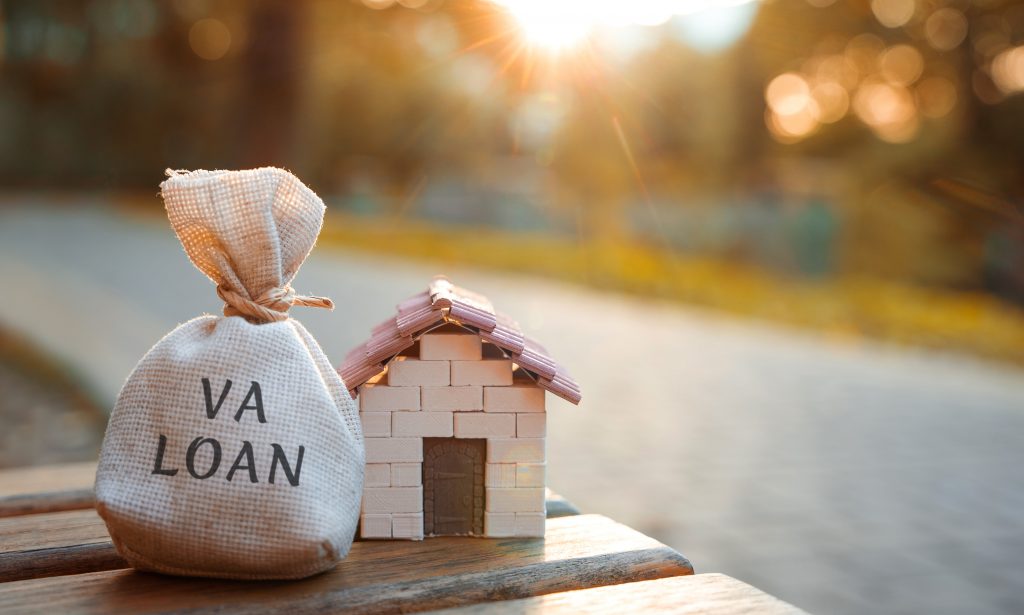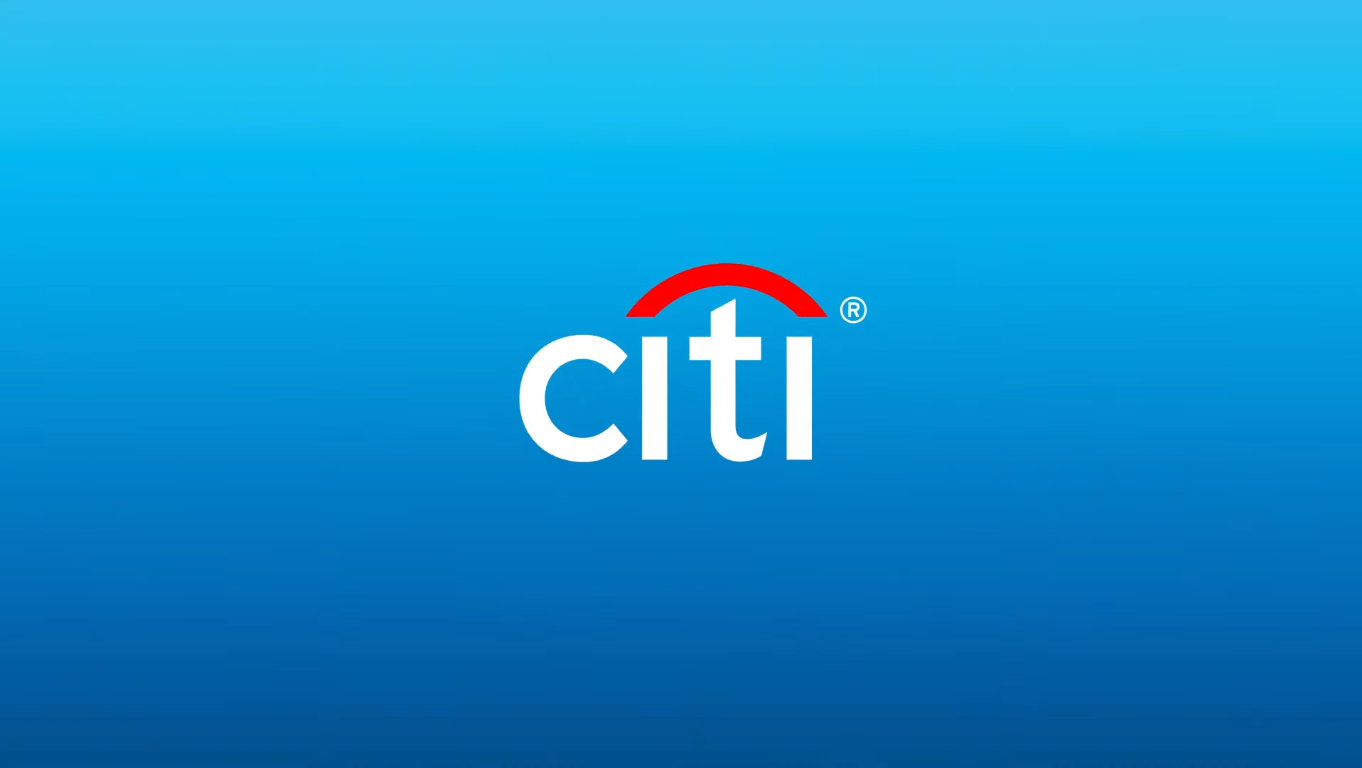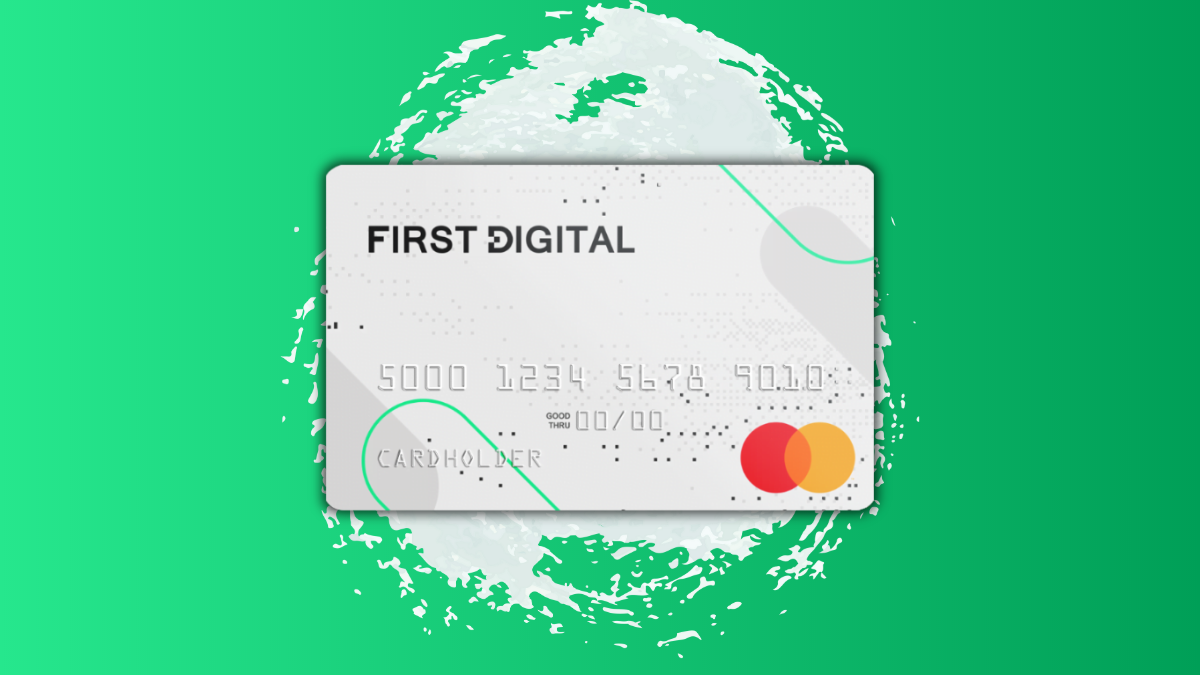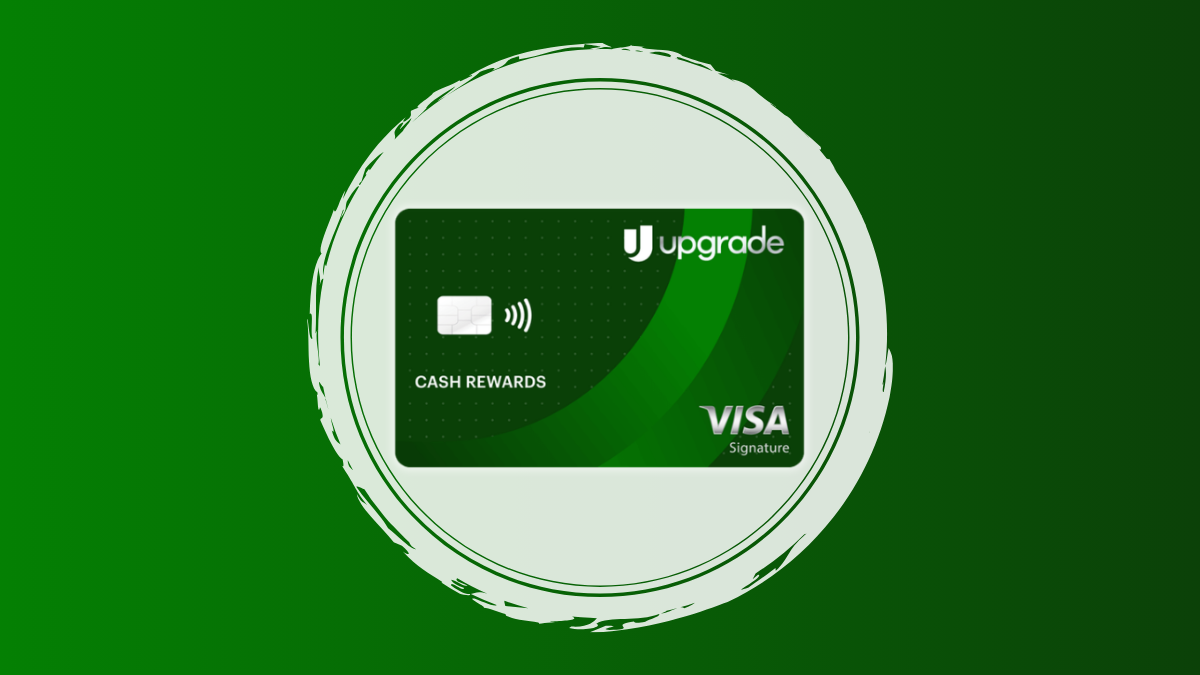Financial Education
VA Construction Loan: Your 101 Guide
Delve into the world of VA construction loans, tailor-made for veterans. Discover how these loans make building your dream home a reality!
Advertisement
From application to approval: the veteran’s path in VA construction loans

A VA construction loan is a special opportunity for veterans to build or renovate homes. It blends the perks of VA loans with construction financing!

Is a 650 Credit Score Good Enough?
Wondering if a 650 credit score measures up? Explore the implications for loans, credit opportunities, and methods to boost your financial standing.
Learning about VA construction loans is important for homebuilders. This guide breaks down the process, showing how it differs from regular mortgages!
What is a VA construction loan?
A VA construction loan is a special type of financing available to veterans. Unlike regular loans, it allows you to build or renovate a home.
This loan receives support from the Department of Veterans Affairs. It means more security, less risk for lenders, and better terms for you.
One of the biggest perks of a VA construction loan is its flexibility. You can use it to buy land, build a house from scratch, or renovate an existing property.
This flexibility makes it a popular choice among veterans who want a custom-built home or specific renovations.
Another great thing about the VA construction loan is the possibility of a no-down-payment feature. Unlike traditional loans that often require a hefty down payment, this loan may not.
Finally, once your home is built or renovated, the VA construction loan can be converted into a regular mortgage.
You will be redirected to another website
You’ll receive messages for less than 1 week, with a maximum of 1 message per day. You can unsubscribe anytime by replying STOP. By submitting this form, I confirm that I am 18+ years old and agree to the Privacy Policy and Terms and Conditions. I also provide my signature, giving express consent to receive informational messages via automated emails, SMS, MMS text messages, and other forms of communication. Message frequency may vary as part of our good-faith effort to respond to your inquiry. Message and data rates may apply. Text STOP to cancel. I understand that my consent to receive communications is not a condition of purchase and that I may revoke my consent at any time.
Types of VA construction loans
When it comes to getting a VA construction loan, you can choose between two different types.
Understanding them is crucial for veterans starting their home-building journey.
Each type offers distinct features and caters to different financial and project needs.
Whether you prefer a simpler process or more flexibility, there’s a loan to suit your situation.
This guide will explain the differences between both alternatives. This way we can help you choose the best option for your unique home building project.
Construction-to-Permanent VA Loan

The Construction-to-Permanent VA Loan simplifies the financing process by combining two phases into one loan.
This means you deal with only one set of paperwork and one closing process. It’s a convenient choice for those who value simplicity.
This loan covers the entire project – from land purchase and construction to the final mortgage. After construction, it automatically converts into a standard mortgage.
This seamless transition saves time and reduces the hassle of multiple loan applications. Additionally, choosing this VA construction loan means fewer upfront costs.
Since there’s only one closing, you save on repeated fees and paperwork. It’s a cost-effective and efficient option for veterans looking to streamline the process.
Construction-Only VA Loan
The Construction-Only VA Loan, also known as a two-time close loan, focuses solely on the construction phase.
This loan is ideal if you prefer more control and flexibility during the building process. It’s separate from your final mortgage, offering distinct advantages.
With this loan, you fund the building of your home. Once the project is complete, you’ll need to secure a separate mortgage to repay the construction loan.
This allows for flexibility in choosing a mortgage lender or adjusting loan terms based on your financial situation post-construction.
However, this option involves two separate closings. It means going through the qualification process twice and paying closing costs for each loan.
It’s a good fit if you anticipate changes in your financial situation or prefer to keep construction and mortgage loans separate for better financial management.

How Many Mortgages Can You Have?
Unlock the secrets to managing multiple mortgages with our comprehensive guide. Read on and learn more!
What are the eligibility requirements for a VA construction loan?
Knowing the eligibility requirements for a VA construction loan is a crucial step in securing financing for your home-building project.
These requirements ensure that veterans are well-positioned to manage a construction loan effectively. Understanding each criterion is key to a successful application.
Getting a COE, or Certificate of Eligibility
The first step in qualifying for a VA construction loan is getting a COE, also known as a Certificate of Eligibility. It confirms your eligibility for VA benefits, including construction loans.
You can apply for it online or visit your local VA office to submit a VA Form 26-1880. Having the COE is crucial as it proves your service and entitlement to VA benefits.
Without this certificate, moving forward in the loan process is not possible. It’s the foundational document that sets the stage for your VA construction loan application.
Credit Score Requirements
While this particular VA loan doesn’t set minimum score requirements, most lenders do. For a VA construction loan, you’ll likely need a good score (620+).
However, this requirement varies by lender. Nevertheless, it’s important to check with your chosen financial institution.
Moreover, your credit score reflects your financial responsibility. A higher score can lead to better loan terms.
It’s essential to understand your credit standing before applying.
Debt-to-Income (DTI) Ratio and Residual Income
Your DTI ratio is another key factor. For most VA loans, including construction loans, a DTI of 41% or less is preferred.
However, exceptions exist, especially if you have a stable income.
In addition to DTI, lenders will look at your residual income. This is what remains after paying debts and home maintenance costs.
It ensures you can comfortably handle loan payments. Each lender might have different calculations based on your location and household size.
Funding Fee and Mortgage Insurance
VA loans require a funding fee instead of mortgage insurance. The amount depends on your down payment and how often you’ve used a VA construction loan.
This fee helps lower the cost for taxpayers. The funding fee varies based on your specific circumstances. It’s a one-time expense that you can roll into your loan amount.
Construction Plans and Builder Approval

Submitting detailed construction plans is vital. These include blueprints and materials lists. An appraisal will determine the value of the planned home.
You’ll also need a VA property certification. Your builder must be VA-approved or obtain VA approval. This ensures quality and compliance with VA standards.
How long does it take to get approved for a VA construction loan?
Getting approved for a VA construction loan can take longer than standard VA loans due to the extra paperwork and steps involved.
Each stage, from plan approval to loan disbursement, is thorough, ensuring everything is in order. The first step is getting your building plan approved.
This involves collaborating with a VA-approved lender and builder. Finalizing these plans and financing details is a detailed process, usually taking up to 60 days.
How to apply for a VA construction loan?
Once you find a lender, they can guide you through the process. The initial step is to secure a COE, a document that verifies your eligibility for VA loan benefits.
You can get this certification in different ways. Either through your lender, online, or by mail. It’s an essential part of the application process. Next, choose a VA-registered builder.
Your project can only be undertaken by contractors who have VA approval. Your builder will aid in arranging the construction plans and essential paperwork needed for the loan.
Then, your loan officer will guide you in choosing between the two types of loans. To get pre-approved, you need to fulfill all the credit and financial criteria.
Lastly, your lender will arrange for an appraisal of the property that is planned for construction. You’ll need to approve construction draws during the build.
Another great option: Navy Federal Personal Loans
The VA construction loan is a solid option for veterans looking to build or renovate their homes. With its features and benefits, it caters well to those who have served in the military.
However, if the VA construction loan doesn’t align with your goals, consider Navy Federal Personal Loans. They offer flexibility and can be a great alternative for your needs.
Navy Federal Personal Loans offer a straightforward application process and competitive rates. Interested in exploring this option further?
Check the following link for more.

Apply for the Navy Federal Personal Loans
Find out how to apply for Navy Federal Personal Loans. Step into a world of low rates and flexible loan amounts tailored to your needs.
Trending Topics

Citi Simplicity® Card full review: should you get it?
To avoid interest, count on the Citi Simplicity® Card. This card offers almost two years of 0% intro APR for balance transfers. Learn more!
Keep Reading
First Digital Mastercard®: check out how to apply!
Apply for the First Digital Mastercard® to get an opportunity to build your credit even with a low score. Learn more!
Keep Reading
What is a secured credit card?
Understand what a secured credit card is and how it can be your access to the mortgage and student loan you've always dreamed of. Understand!
Keep ReadingYou may also like

Upgrade Cash Rewards Visa®: check out how to apply!
The Upgrade Cash Rewards Visa® is a cash-back card that offers 1.5% back on all purchases and up to a $25,000 limit: learn how to apply!
Keep Reading
Credit Card Comparisons: Get the Ideal Credit Card for You and Unlock Your Credit Score Potential
Take advantage of our selection of cards with 0% APR and choose the one that fits your needs today.
Keep Reading
Free Application for Federal Student Aid (FAFSA®): degree free!
Student Loan with no need to repay. Discover the Free Application for Federal Student Aid (FAFSA®) and learn how to take advantage of it!
Keep Reading